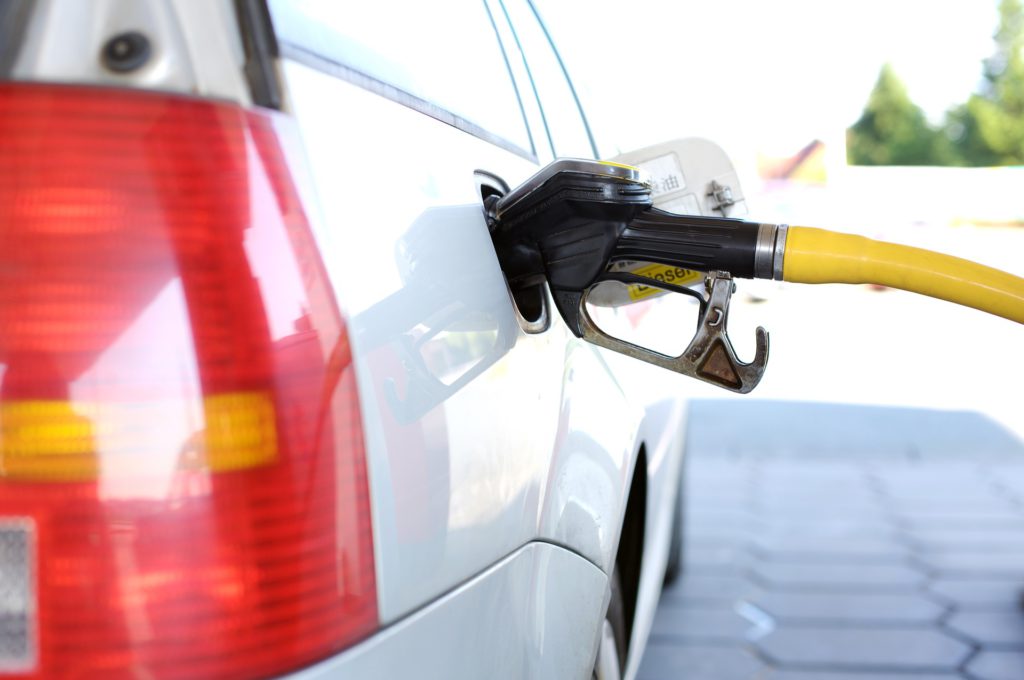Europe’s diesel decline continues with carmakers likely to suffer
11 November 2019

11 November 2019
Europe’s diesel vehicle decline has continued throughout the third quarter of the year as alternatively-fuelled vehicles increased their market share.
From July to September, the market share of diesel vehicles dropped to 29.1%, as sales fell 14.1% to just one million units, according to the latest figures from the European Automobile Manufacturers Association.
Four of Europe’s five largest markets recorded double-digit declines, with Spanish diesel sales dropping by 34.7%, Italian demand contracting 24.5%, UK sales down 20.8% and French demand falling 12.6%. Germany, however, recorded a modest increase of 4.7% last quarter.
Petrol problem
The drop, coupled with the infancy of alternatively-fuelled vehicles (AFVs), has seen petrol increase its market share, with an increase in sales across the quarter of 6.1% to gain a market share of 59.5%. Except for Spain, which saw a drop in petrol sales of 2.8%, all major EU markets – France, the UK, Germany and Italy – recorded growth. Italy posted the highest percentage gain of 35.6%.
Diesel sales have been declining since 2015, and over the last two years have dropped even more dramatically. With most manufacturers still developing their electrification strategy, and companies increasing their charging infrastructures to cope, drivers are continuing to turn to petrol alternatives.
However, this creates a problem for carmakers. With strict CO2 targets due in 2021, the levels of these emissions are increasing as the share of the diesel market goes down. This means unless electric-vehicle sales increase dramatically in the coming years, large financial penalties may be applied to some of Europe’s biggest manufacturers.
Market gain
Registrations of AFVs in the European Union saw strong growth, up 46.2%, as the market continues to grow. A majority of this growth built through hybrid, which saw a gain of 47% with 223,868 cars sold.
Around 110,630 electrically-chargeable vehicles (ECV) were registered, up 51.8% compared to the same period last year. The battery-electric vehicle (BEV) segment was the main driving force behind this growth – BEV sales more than doubled 126.3% to 198,464 units, while demand for plug-in hybrid-electric vehicles (PHEV) declined by 7.6% to 109,996 cars.
Other alternatively-fuelled vehicles, which include those running on ethanol (E85), liquid petroleum gas (LPG) and natural gas (NGV) – also noted strong results, registrations increased by 36%.
Looking at the EU’s five major car markets again, each of them saw a significant increase in total registrations of AFVs during the third quarter of 2019. Germany posted the highest percentage gain, increasing by 71.4%, driven by strong demand for battery and hybrid vehicles, followed by the UK (46.5%), France (35.7%), Spain (31.9%) and Italy (28.6%).